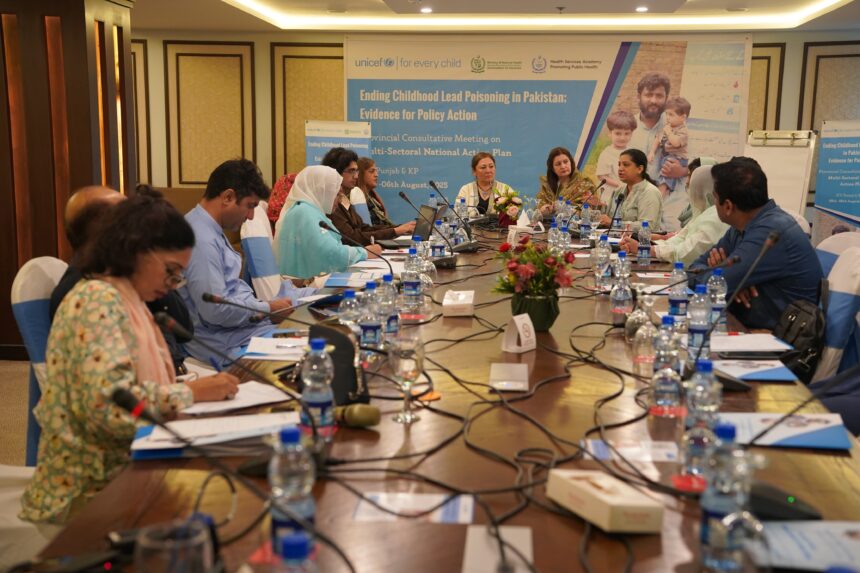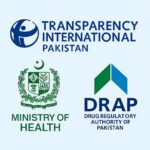Millions of children in Pakistan are experiencing dangerously high levels of lead exposure, according to new findings from a joint initiative by the Ministry of National Health Services, UNICEF, and the Health Services Academy. UNICEF estimates that around 40 million children in the country have blood lead levels above the internationally recognized safety threshold, posing a significant public health crisis.
Lead poisoning is a widespread and silent threat, with the Institute for Health Metrics and Evaluation reporting over a million deaths and disabilities globally each year due to lead exposure. In Pakistan, the most at-risk groups include children under five, pregnant women, and industrial workers.
Multiple sources contribute to lead poisoning in Pakistan. Common culprits include lead-based paints, batteries, contaminated water from old pipes, polluted soil and household dust, as well as certain toys, cosmetics such as Surma, spices like turmeric, traditional medicines, and emissions from informal industry.
The health impacts of lead exposure are severe. High blood lead levels can cause iron deficiency anemia, lower IQ, developmental delays in children, and long-term neurological damage. These effects not only threaten individual health but also have lasting consequences on the country’s future development.
In response, the project titled “Ending Childhood Lead Poisoning in Pakistan: Evidence for Policy Action” has carried out blood testing of over two thousand children in high-risk areas across Punjab, Khyber Pakhtunkhwa, Sindh, Balochistan, and Islamabad, confirming the urgent need for comprehensive action.
With millions of children affected, health experts and authorities are calling for immediate, coordinated efforts from national and provincial health ministries, environmental protection agencies, food authorities, the industrial sector, and academic institutions. They stress that only a united approach can effectively reduce lead exposure and safeguard the health of Pakistan’s next generation.
Health experts emphasize that urgent action is needed to address this public health emergency and protect millions of vulnerable children from the dangers of lead poisoning.











